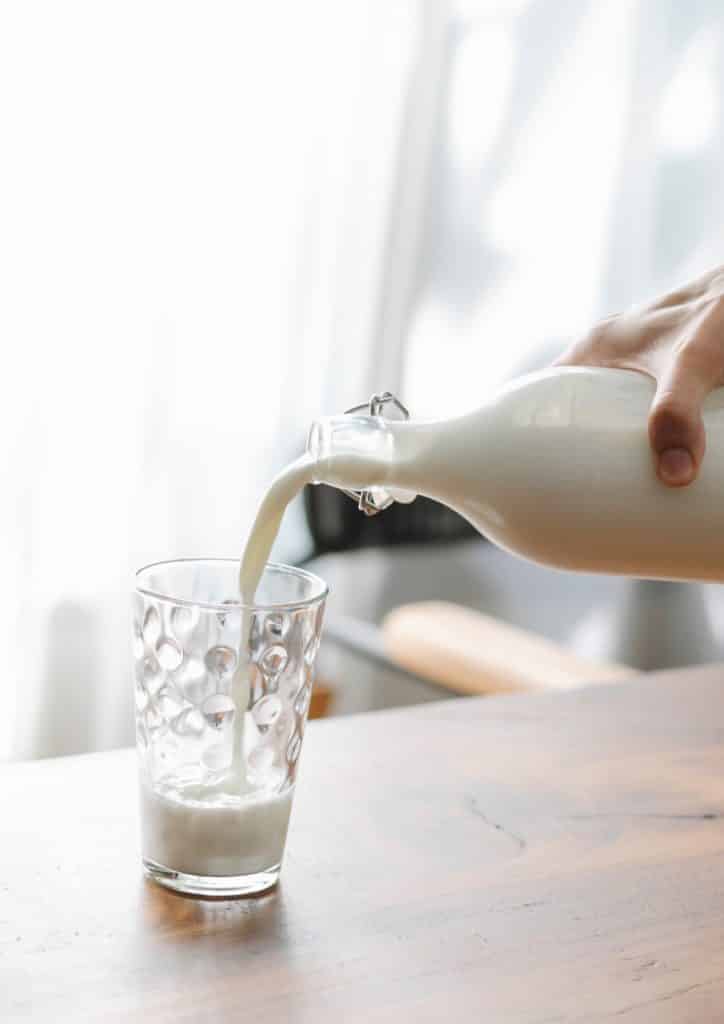Heartburn isn’t abnormal during pregnancy. In fact, more than 50% of pregnant women in the US experience this at one stage or another during pregnancy.
As the womb enlarges in pregnancy, it presses on the stomach and pushes it upwards, causing the stomach contents to move up to the esophagus. When this happens, reflux occurs.
Interestingly, some healthy foods can also trigger this reflux during pregnancy. What are these meals? Can they be avoided? Is there a way forward?
This article answers these questions and any others you may have about reflux in pregnancy; the causes, treatment, and preventive measures.

Foods that cause reflux in pregnant women
Fatty foods
Fat-filled meals are known to cause acid reflux during pregnancy. These meals take longer to digest, making them more likely to be pushed back up through the esophagus.
As a result of this, choose baked foods over fried foods and also go for leaner cuts of meat and low-fat dairy products.
Highly seasoned or spicy foods
Spicy meals or overly-seasoned foods can also increase the risk of heartburn during pregnancy. As an expectant mom, we advise that you minimize spice and seasoning consumption.
Citrus Foods
Fruits like oranges, tangerines, grapefruits, and tomatoes can cause acid reflux after meals.
To reduce this effect, take low acid orange juice. Also, don’t eat your tomatoes plain as in a salad. Instead, you can eat tomatoes on a turkey sandwich.
Coffee and Soda
Beverages containing caffeine are known to trigger heartburn.

To prevent acid reflux, limit your coffee and soda intake. And yes, caffeine is not so good during pregnancy, so limit your caffeine intake drastically (the recommended caffeine intake during pregnancy is 200 mg per day).
Chocolate
Chocolates can also cause acid reflux during pregnancy. The way out is to reduce the quantity of chocolate consumed to not more than two squares of chocolate bar per day and ensure you are not eating it on an empty stomach.
Alcohol
First, you should totally avoid alcohol during pregnancy. In addition to placing your baby at risk of serious medical conditions, alcohol also causes reflux.
When Does Heartburn Start & End During Pregnancy?
Heartburn starts in the first trimester for most women, beginning around the second month of pregnancy. But for some other women, it starts in the second or third trimester.
Sadly, heartburn comes to stay during pregnancy. It does not end until your pregnancy ends. But you can be sure that once you deliver your baby, the heartburn will clear off.

How To Manage Heartburn During Pregnancy?
There are many ways to treat heartburn during pregnancy. And they include:
Take milk
Milk is basic, therefore, it can help to neutralize the acid content in the digestive tract. You may choose to warm your milk or add some honey for more soothing relief.

Papaya
Fresh, dried, or frozen papaya also helps to relieve heartburn. It is also a rich source of vitamins A and C.
Chewing sugarless gum
Chewing gum increases the rate of digestion and also increases saliva production. This helps to neutralize the excess acid in the esophagus. Some women also have issues with mint-flavored gums or other flavors. Be sure to stay away from whatever will cause the reflux to be exacerbated. Sugarless gum is the best option, or you can try out gummy bears.
Eat almonds
Adding a few almonds to your diet is a good way to relieve heartburn, especially after a meal. Almonds help to neutralize the juices in the stomach which may relieve heartburn.
Is Heartburn Preventable During Pregnancy?
Even though heartburn is very common in pregnancy, you can prevent it by taking the following measures:
Avoid foods that trigger heartburn.
Watch out for any meals that trigger heartburn for you and avoid them completely.
Skip late-night meals
Ensure that your last big meal is taken at least two hours before bedtime. This will help your food to digest before you lie down.
Avoid eating and drinking at the same time
Too much fluid and food will cause your stomach to distend more and this will aggravate the heartburn. It is advisable to take fluids between meals to reduce heartburn.
Watch your weight
Extra pounds of weight can increase pressure on your digestive tract, worsening heartburn. It is recommended that your weight gain during pregnancy should only be about 25-35 pounds extra.
Eat slowly
Don’t rush your food. The more you chew, the less time and work your stomach spends on digestion. When you eat too fast, the chances of swallowing air increase and they can form gas pockets in your stomach. Here’s the trick, take small bites, and you’ll chew more slowly.
Wear loose clothes
Wearing tight clothes around your waist can further tighten your stomach, increasing pressure and causing heartburn.
Sit upright
Ensure you sit upright while eating and maintain that posture for some hours after you’re done. Lying down, stooping, and slumping bring the gastric juices back up. If you need to bend for any reason, do it at your knees, and not your waist. Also, try and sleep with your head elevated. This way, the power of gravity helps to keep the gastric juices where they belong.
We’re always here to help, Mama!
References
Juan C Vazquez (2015). Heartburn in pregnancy. BMJ Clinical Evidence. Accessed on 5th February, 2021 from https://www.ncbi.nlm.nih.gov/pmc/articles/PMC4562453/#__ffn_sectitle
Richter. J. E. (2005). The management of heartburn in pregnancy. Wiley Online Library, Alimentary Pharmacology & Therapeutics. Accessed on 5th February, 2021 from https://doi.org/10.1111/j.1365-2036.2005.02654.x

